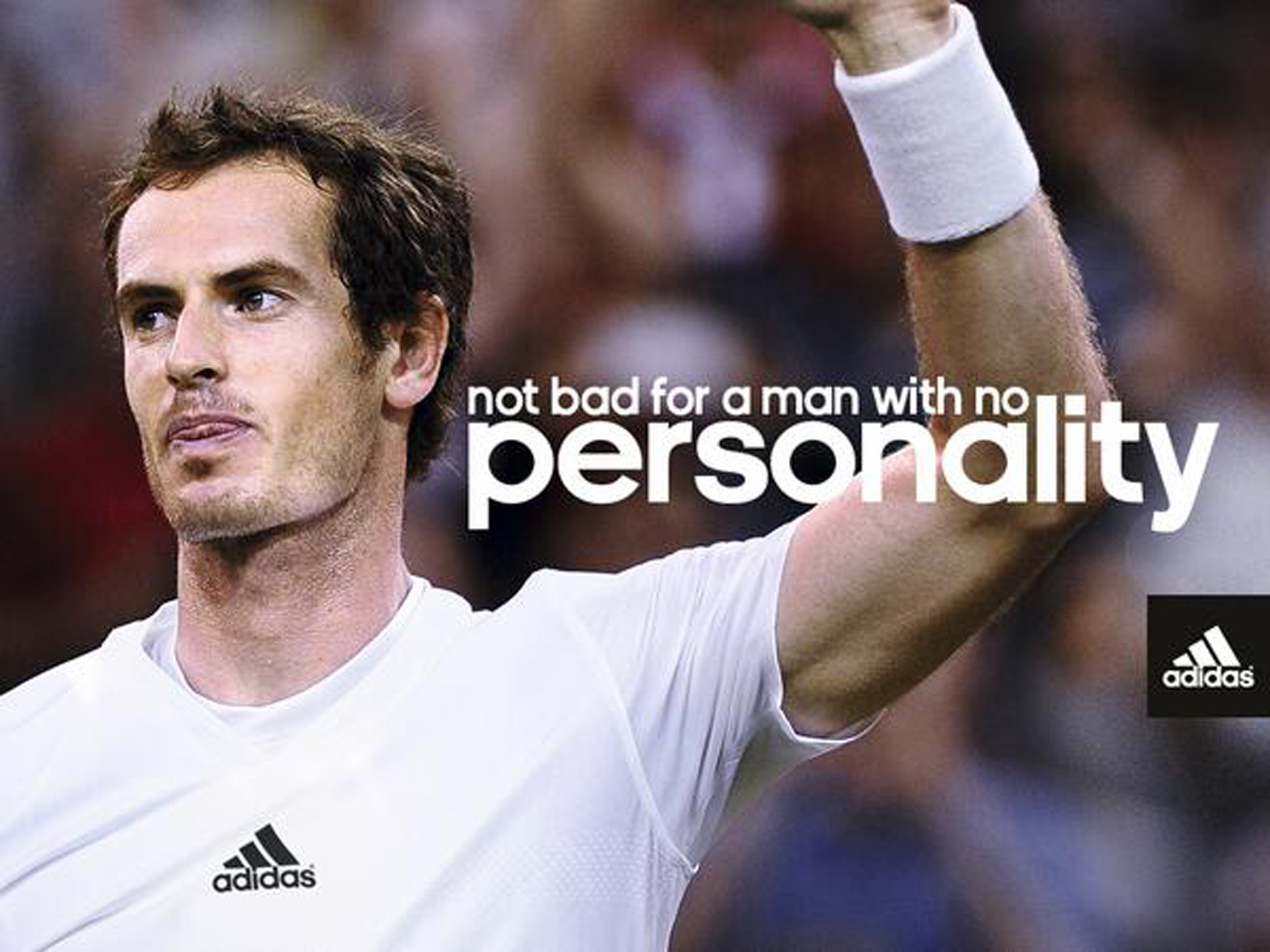Andy Murray wins: The BBC Sports Personality Award is really nothing to do with likeability - and that's the way it should be
The most extraordinary moments in any sporting career are simply beyond words


Andy Murray inadvertently exposed one of the shortcomings of BBC's Sports Personality of the Year Award when he received his trophy, via a video link, by a hotel pool in Miami. He apologised, not for the first time, for the monotone sound of voice, saying that this should not obscure the fact that he was really, really excited about the award, even though it must have been as little of a surprise to him as it was to the rest of the nation.
For becoming the first British man to win Wimbledon for 77 years, Murray was a shoo-in to take the prize (Sir Bradley Wiggins could barely contain his insouciance when he announced the result). But Murray's post-coronation comment just confirmed what we've known all along: this is an award for achievement not personality. No one could argue that this has been Murray's year, the culmination of a lifetime of dedication that led him to the pinnacle of his sport.
So who cares what he sounds like when he wins Wimbledon? Well, we do, actually. One aspect of the Sports Personality of the Year show that comes through very clearly is how much importance we now attach to what our sports heroes feel rather than simply what they do. This is only to be expected, as we have become a much more confessional society, but I remember when this end-of-year beano was made up largely of sporting highlights from the big events of the previous 12 months.
This time round, for the 60th edition of the programme, there was relatively little action, but an awful lot of talk. So, for example, Sir Ben Ainslie was asked to give us an insight into how he was able to inspire glorious victory in the America's Cup from the most unpromising of situations. Ainslie was articulate and open, but at the end of his allotted time on stage, we non-sailors were really no wiser.
This type of encounter is merely an extension of one of the most egregious developments in televised sport: the interview which takes place the minute a big event is over. It's bad enough that a sportsman and woman has to deal with the emotional release that major triumph brings, he or she now has to face Sue Barker or Clare Balding thrusting a microphone their way before they have had a chance to gather the thoughts, and the watching nation expects a coherent comment on what had just occurred.
I'm not saying that sports performers should be seen and not heard, but that we need something of a recalibration. The very nature of sport at the highest level is that some things are impossible to explain, and it's unreasonable to expect someone who has God-given magic in their feet or their hands also to be a confident communicator. Sport is infinitely more about heart than mind. It's also about illogical tribal loyalties - I can't be the only person to have found the veneration of Sir Alex Ferguson by the BBC, to whom he refused to speak for seven years, slightly stomach-churning - but, most of all, it's about achievement rather than personality. Which is why Andy Murray just had to win.

Join our commenting forum
Join thought-provoking conversations, follow other Independent readers and see their replies